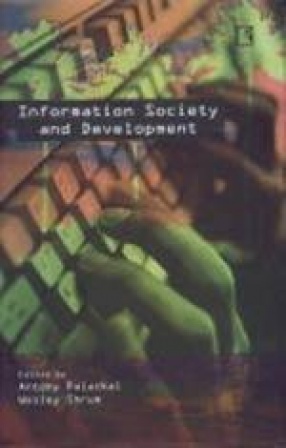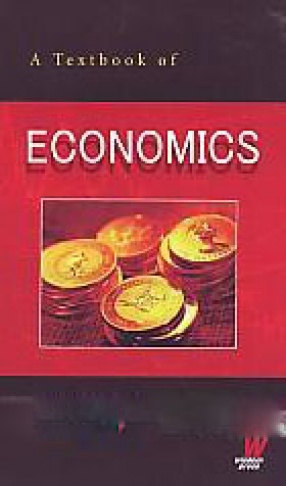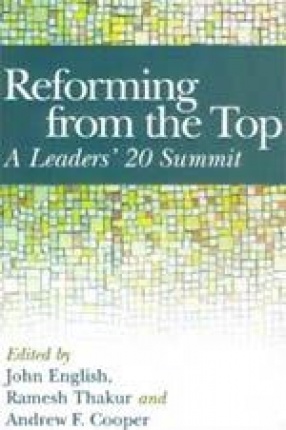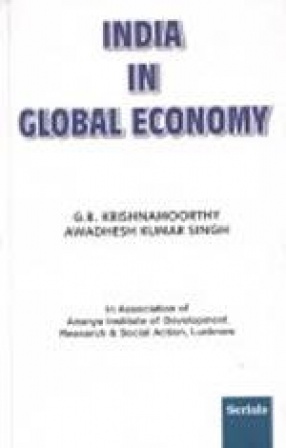The digital revolution, a key feature of globalization, has extended the frontiers of the globe with a profound impact on how the world functions and interacts. Access to information and knowledge, facilitated by ICTs, is increasingly impacting patterns of learning, cultural expression and social participation, as well as providing opportunities for development. Paradoxically, the information and communication society today is characterized by imbalances and inequalities, christened as the ‘digital divide’. There is a growing concern the world over about the world’s technological haves and have-nots. At the epicenter of this alarm is the expanding chasm between those with and without access to the ICT revolution. In the backdrop of the World Summit on Information Society held in Tunisia in November 2005, the volume explores the nature and effects of information and communication technologies with particular emphasis on development programmes. Approaching ICTs as tools for social development, the volume illustrates the efforts at circumventing the digital divide in the State of Kerala, a distinctive developing region. The ‘Kerala Model’ of development, a much-debated topic in the academic circles, endows the state a unique position in the developmental map of the world. This scholarly attempt at documenting and analysing the e-science initiatives in Kerala vis-a-vis development within the larger framework of the ongoing discourse on global structural changes in development and knowledge production will be of great interest to social scientists, development agencies/organizations/activists, e-professionals and policy makers.
A Textbook of Economics
$41.40
$46.00





There are no reviews yet.